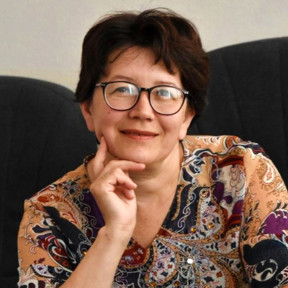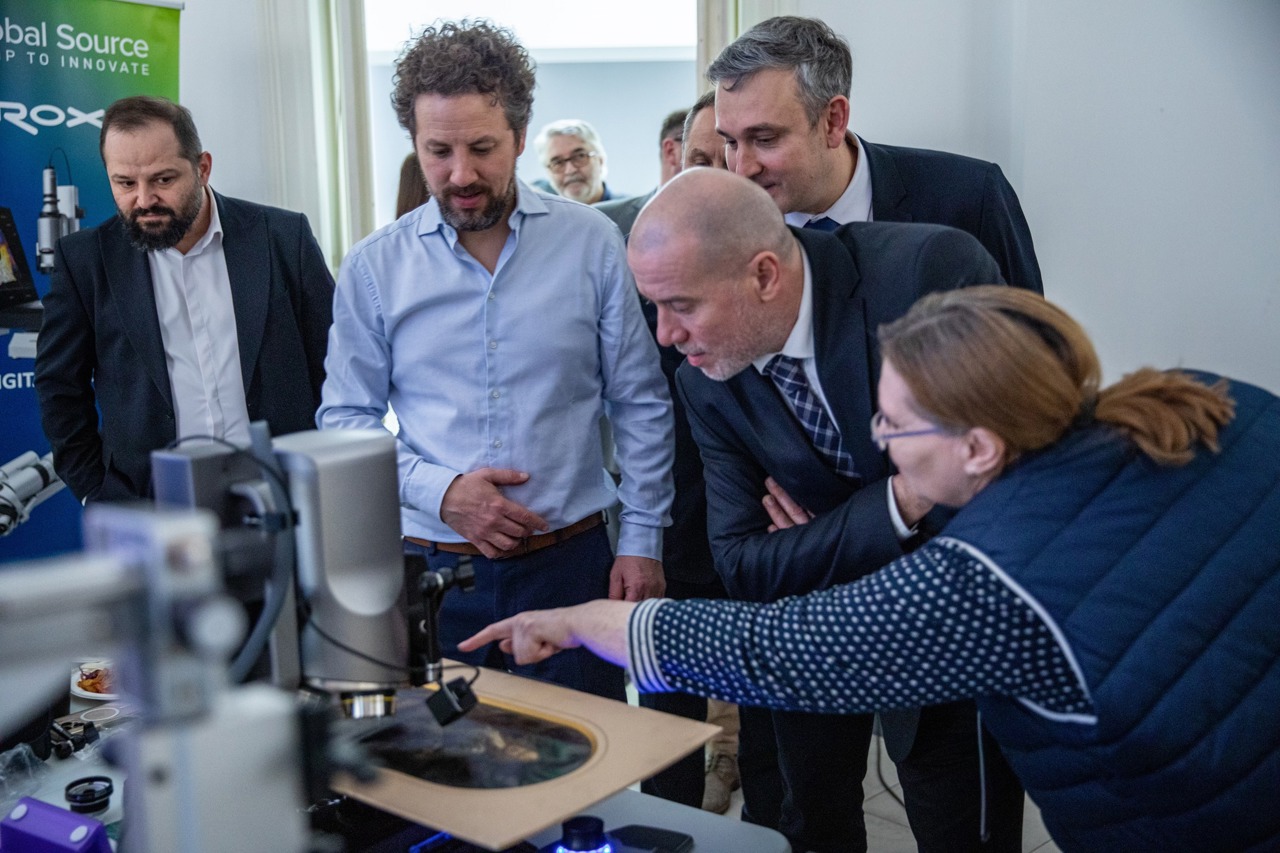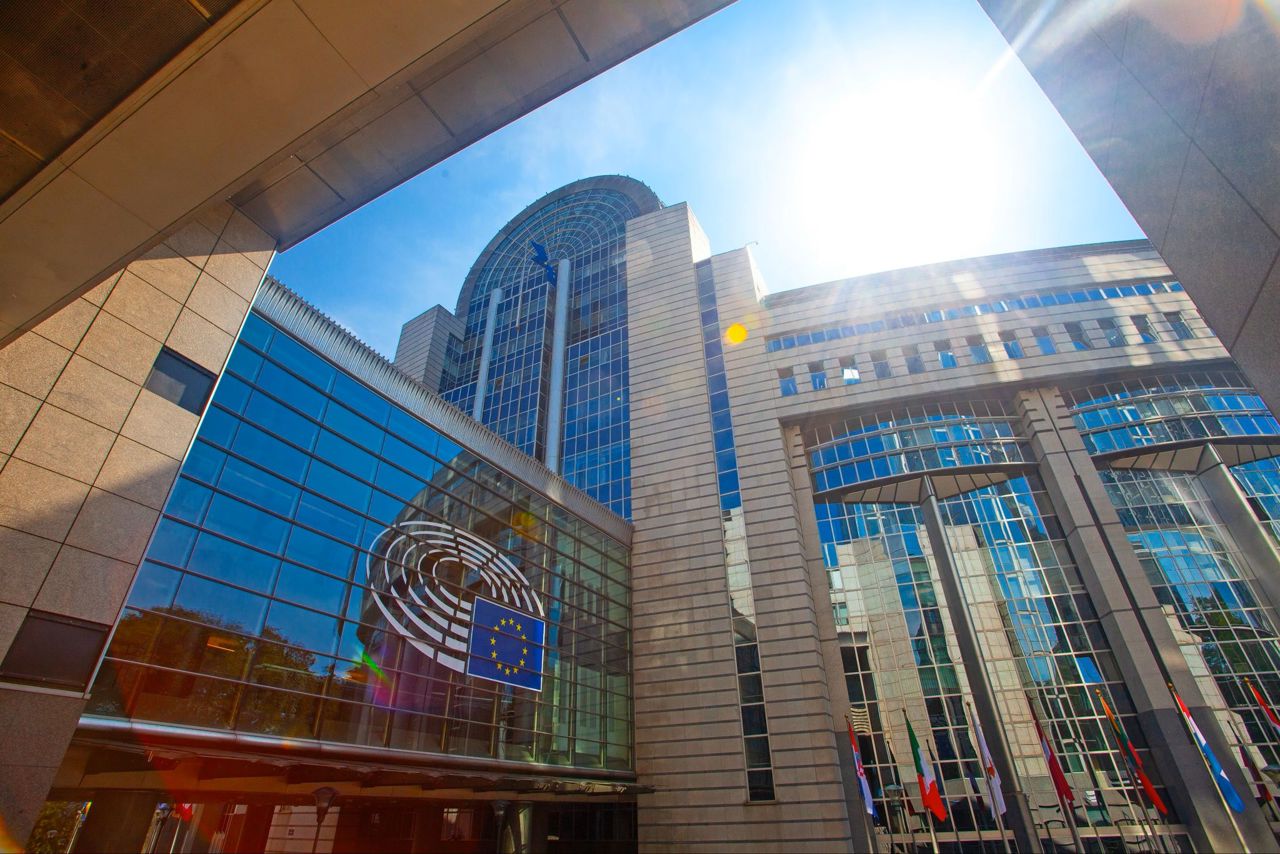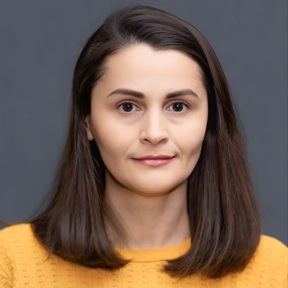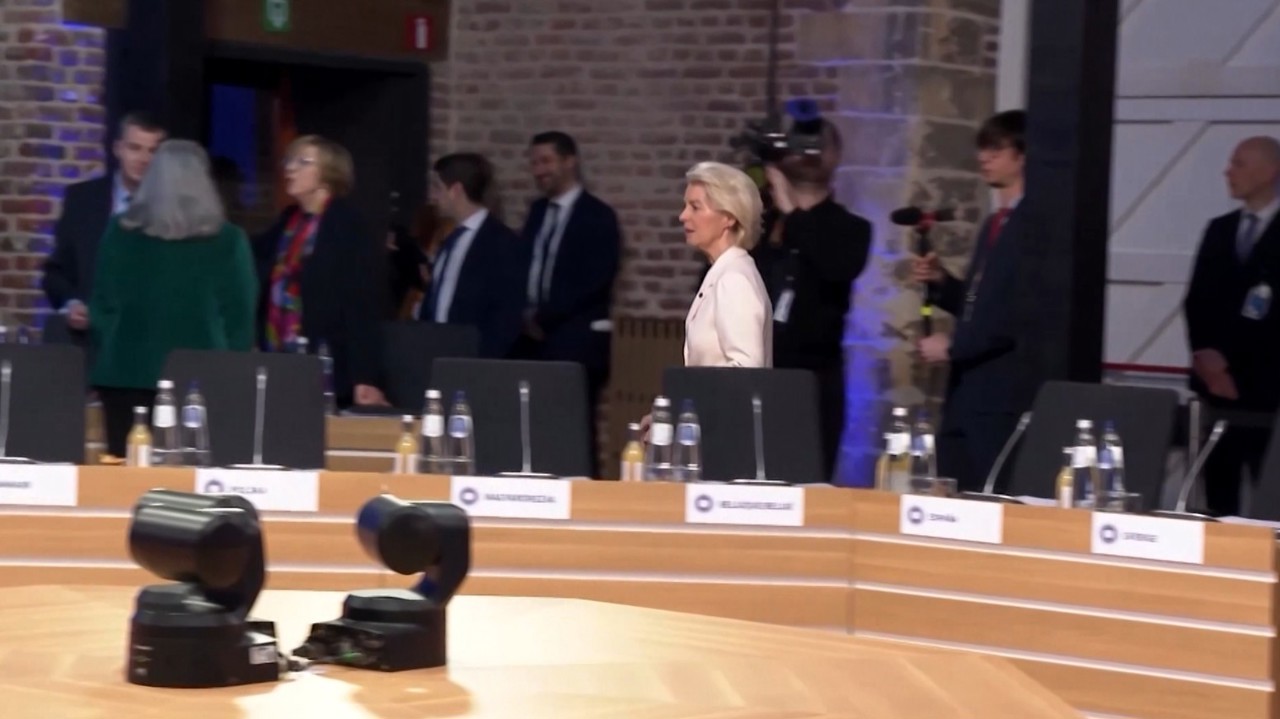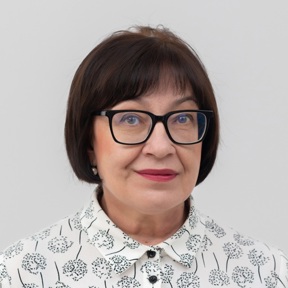EU Ministers to Discuss Orban's Diplomatic Tour in Brussels
Ministers of Foreign Affairs of the European Union will meet on Monday in Brussels for the first time since Hungarian Prime Minister Viktor Orban's visits to Ukraine, Russia, China, and the United States.
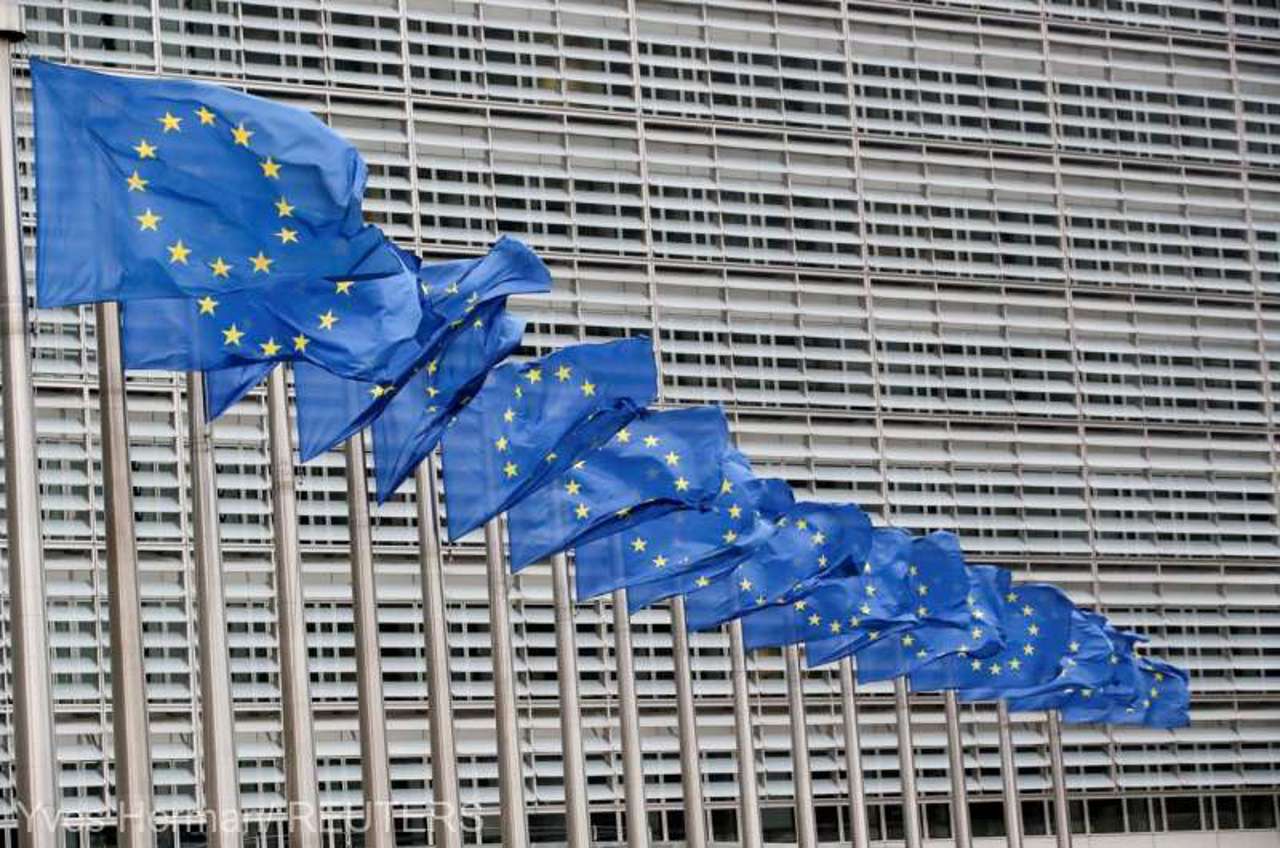
It is expected that the meeting will address the community bloc's reaction to this tour, which did not have EU approval, reports EFE.
The Chief of European Diplomacy, Josep Borrell, is considering the possibility of replacing a meeting of foreign and defence ministers scheduled for August 28-30 in Budapest with one in Brussels.
Before making a decision, Borrell wants to wait until Monday to discuss this issue with the EU foreign ministers, according to multiple diplomatic sources.
EU countries, with the exception of Slovakia, and EU institutions have condemned Orban's meetings with Russian President Vladimir Putin, Chinese President Xi Jinping, and former US President and Republican candidate in the November 5 presidential election, Donald Trump, insisting that he does not have a mandate to speak on behalf of the community bloc regarding the war in Ukraine.
However, the 27 member states have divided opinions on how to express their discontent. The member countries do not agree on whether to boycott informal meetings held during Hungary's semi-annual presidency of the EU Council by sending lower-ranking officials instead of their ministers.
The Baltic countries, Poland, and some northern countries have already warned that their ministers will not participate in these meetings, while Austria has distanced itself from the boycott.
The European Commission has informed that its commissioners will not participate in informal meetings, so Brussels will be represented by senior officials, in a decision taken without consulting the governments, according to multiple diplomatic sources.
Nevertheless, the President of the European Commission, Ursula von der Leyen, will participate in the informal summit that European leaders will organise in Hungary on November 8.
Situation in Ukraine and Middle East - On the Agenda in Brussels
Beyond analysing their response to Orban's travels, the ministers will discuss military support for Ukraine again, particularly regarding air defence. This discussion is also marked by Hungary's veto of the allocation of 6.6 billion euros from the European Peace Facility, with which the EU has financed arms deliveries.
In this context, the ministers will also have a meeting with the President of the European Investment Bank, Nadia Calvino, to discuss the role the organisation can play in promoting investments in the European defence industry.
The European diplomatic chiefs will also discuss the war in Gaza and its possible extension to the rest of the Middle East, with clashes between the Israeli army and the pro-Iranian Shiite Lebanese militia Hezbollah at the border with Lebanon. In this context, they will discuss the possibility of granting assistance to the Lebanese armed forces.
At the same time, the European foreign ministers will address the topics that should be discussed at a possible meeting of the Association Council between the EU and Israel, after Borrell invited the Israeli government to such a meeting.
However, this issue continues to divide the 27 member states. Spain and Ireland lead a group of countries that want to address the subject of human rights in the Gaza war, while Germany heads another group of European states that oppose such an approach.
Translation by Iurie Tataru
